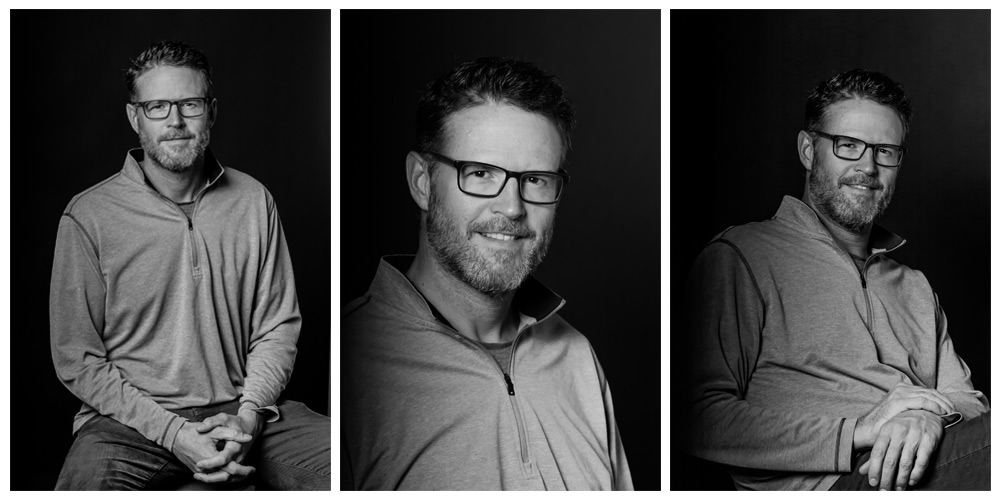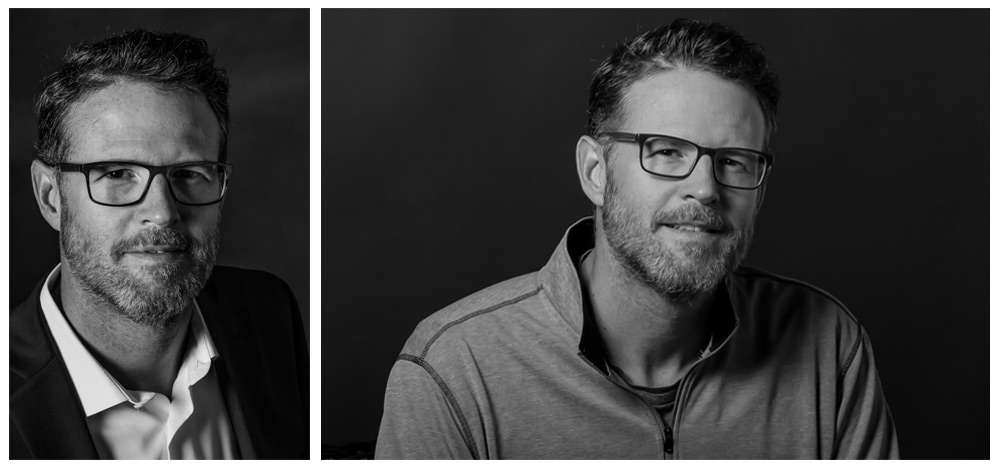
Like every world ever, the world in which we live today is not perfect. And neither are we. Today, in this 21st century, people — especially young people — are empowered to take their own photos, usually selfies. And often they prefer those to photos taken by a photographer, because it is not easy to smile as naturally at an outsider or stranger as it is at themselves or their friends. And a photographer can be seen as a “stranger” — as one friend stated to me one day.
Still thinking about those words, I ran into a great article about the famed photographer Edward Weston penned by Maria Popova, found here: Edward Weston on the Most Fruitful Attitude Toward Life, Art, and Other People
In her article, Popova cites these words of America’s stellar photographer, which stay with me: “I feel towards persons as I do towards art — constructively. Find all the good first. Judge by what has been done, not by omissions or mistakes. And look well into oneself! A life can well be spent correcting and improving one’s own faults without bothering about others.” When I meet a person who agrees to be photographed by me, I am looking for that person to trust me enough to know that I will not judge them based on how they appear when they are in front of my camera. The person needs to trust that I will hold, use, and present their photos for fair reasons only, including art, and only in a congenial, good way.
We are not all the same. We differ, even when we have a lot in common. We come from different backgrounds and with varied experiences. We have unique personalities. So it makes sense that we will appear differently and variedly — visually and otherwise. It is as okay to have a serious face on a photo as to flash a smile. In fact, presenting a restful, open, neutral face to the world may be better then smiling, for various reasons. Nothing in my work as a photographer or in your job as a model requires you to smile or arrange your face (or body) in any prescribed way.
In photo sessions you have the opportunity to be the “true you” or to project a “you” of your choice. You may be still figuring out who the “true you” is. This concept may return in another blog.
Please, believe me: every person I have photographed in the past (or may photograph in the future) interests me. I always find something to appreciate about a person: maybe their attitude towards life; maybe their talent; maybe that they are older and I like the furrows on their forehead; maybe just their haircut; or maybe a valiant mission, a grand vision, or a noble purpose they are at.
I want to show a solid version/vision of them to the world. Because, after all, I focus on finding and correcting my own faults and mistakes, not theirs or those of others. I want to improve on myself and reach my best potential while photographing imperfect-yet-beautiful people in today’s imperfect-but-beautiful world.
Here are Weston’s words from the same article by Maria Popova: “It has come to me of late that comparing one man’s work to another’s, naming one greater or lesser, is a wrong approach. The important and only vital question is, how much greater, finer, am I than I was yesterday? Have I fulfilled my own possibilities, made the most of my potential?”
We would have better lives and a better world if we could take this attitude too.

